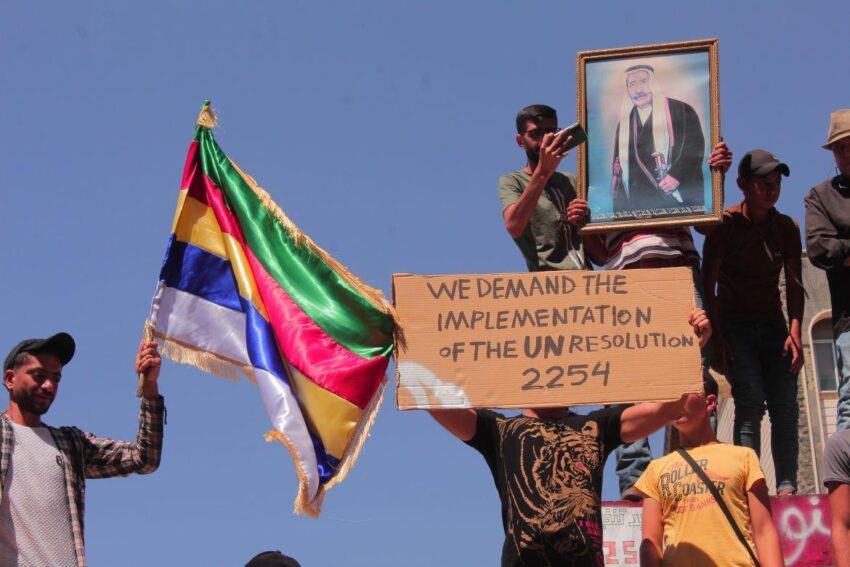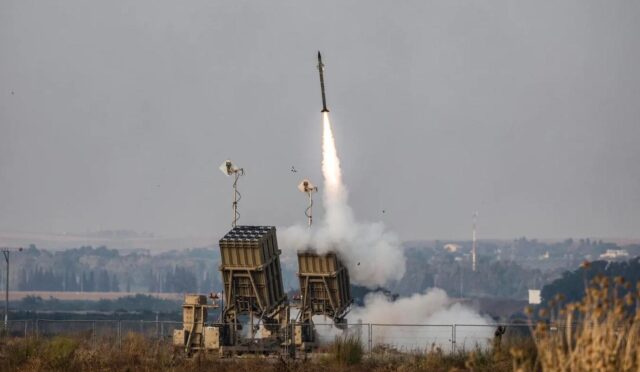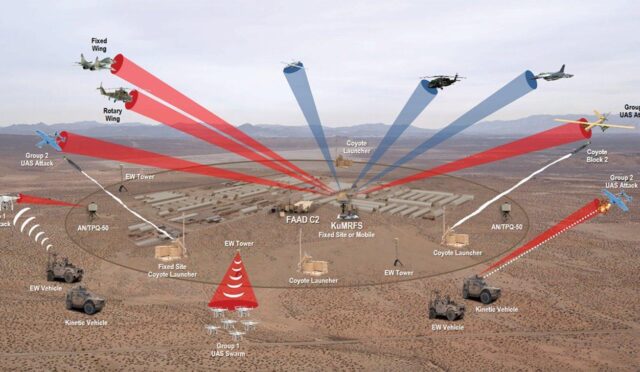Escalation in Sweida
On Thursday, Syrian troops withdrew from the Druze heartland of Sweida following orders from the Islamist-led government, leading to a significant escalation in violence. This decision came after intense clashes that resulted in nearly 600 deaths, as reported by a war monitoring organization. The southern province has been engulfed in deadly sectarian conflict since Sunday, with hundreds killed in confrontations involving Druze fighters and Sunni Bedouin tribes, as well as government forces.
The situation in the city of Sweida was grim, with AFP correspondents noting scenes of devastation. Looted shops, burned homes, and bodies left in the streets created a desolate landscape. Dr. Hanadi Obeid, a local physician, described the devastation, stating that it looked as though the city had suffered a catastrophic disaster.
Government’s Response and Displacement Crisis
In a televised address, interim President Ahmed al-Sharaa announced that community leaders would take charge of security in Sweida, citing the need to serve the ‘supreme national interest.’ His announcement followed the deployment of government troops that had only exacerbated anger between communities, leading to Israeli military intervention. The Syrian Observatory for Human Rights confirmed that 594 individuals have lost their lives in the ongoing conflict.
The violence has led to a humanitarian crisis, with the UN’s OCHA reporting nearly 2,000 families displaced by the fighting across the province. These figures highlight the severity of the unrest and the urgent need for humanitarian assistance amid the chaos.
Israeli Airstrikes Intensify Conflict
Israel has taken military action by launching airstrikes against Syrian government troops during their short stay in Sweida, as well as targeting positions in and around Damascus. The Israeli government had issued warnings of increased attacks until Syrian forces withdrew from the area. Following the Syrian withdrawal, the state-run news agency SANA reported an Israeli attack on the outskirts of Sweida, which followed the recent military escalation.
Additionally, the Syrian presidency condemned Druze fighters, accusing them of breaching the ceasefire agreement that had been in place prior to the government forces’ departure. The presidency’s statement denounced the unrestrained Israeli involvement in Syria’s internal matters, suggesting that this intervention perpetuates chaos and complicates the regional situation.
Commitment to Druze Protection
Ahmed al-Sharaa, who heads an Islamist-aligned interim government with a tumultuous history with minority groups, vowed to protect the Druze people. His comments came after a violent past month, which included the deaths of over 1,700 mostly Alawite civilians in a government-led stronghold. Sharaa stated, “We will hold accountable those who have wronged our Druze citizens, who remain under our protection and care.”
Past clashes between government troops and Druze fighters in Sweida and Damascus have already resulted in significant casualties, with organized military efforts intensifying rather than alleviating the conflict. Despite government forces entering the region with the intention of establishing a ceasefire, local witnesses reported instances of collaboration between the army and Bedouin tribes against Druze fighters.
International Mediation and Tensions
In response to the situation, the Syrian president criticized Israeli military actions, suggesting that they could have instigated a larger conflict if not for the timely intervention of American, Arab, and Turkish mediators. The United States has recently aimed to stabilize relations with Syria and announced an agreement to restore calm in the region, calling on all parties to fulfill their obligations.
A spokesperson from the US State Department clarified that Washington does not endorse the recent Israeli airstrikes, highlighting the complex geopolitical landscape. Meanwhile, foreign ministers from 11 regional nations, including the UAE and Saudi Arabia, voiced their support for the Syrian government, condemning the Israeli actions as violations of international law.
Israel’s Military Strategy and Druze Concerns
Israeli Prime Minister Benjamin Netanyahu reiterated on Thursday that the ceasefire was a result of his country’s decisive military actions. Israel, which has its own Druze population, presents itself as a protector of this minority, a stance some analysts argue serves its broader strategic goal of ensuring Syrian government forces do not encroach upon the Israeli-occupied Golan Heights.
In a poignant display, dozens of Druze congregated in the Golan Heights, eager to connect with relatives on the Syrian side of the barbed wire fence. Qamar Abu Saleh, a local educator, shared her joy at witnessing individuals crossing the barrier, emphasizing the surreal nature of the moment, “It was like a dream, and we still can’t believe it happened.”







